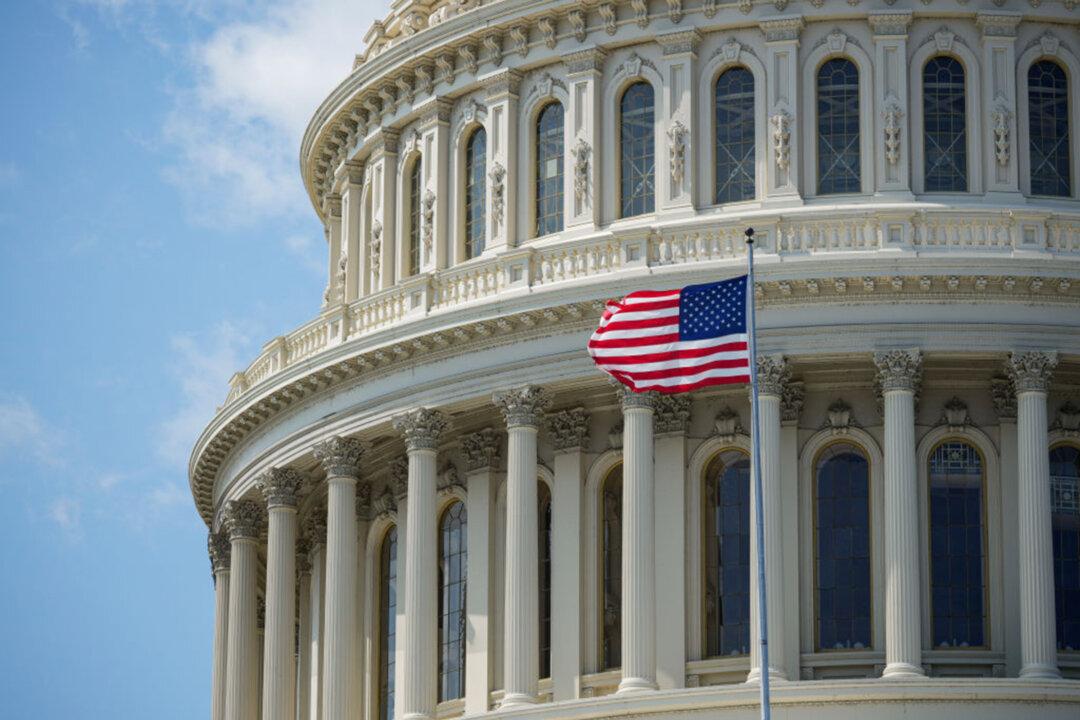Commentary
It is easy to become trapped by words. They may as well be etched in stone, given that they betray their origins in time and the meanings of the time they were created, even though they evolve in usage.

It is easy to become trapped by words. They may as well be etched in stone, given that they betray their origins in time and the meanings of the time they were created, even though they evolve in usage.